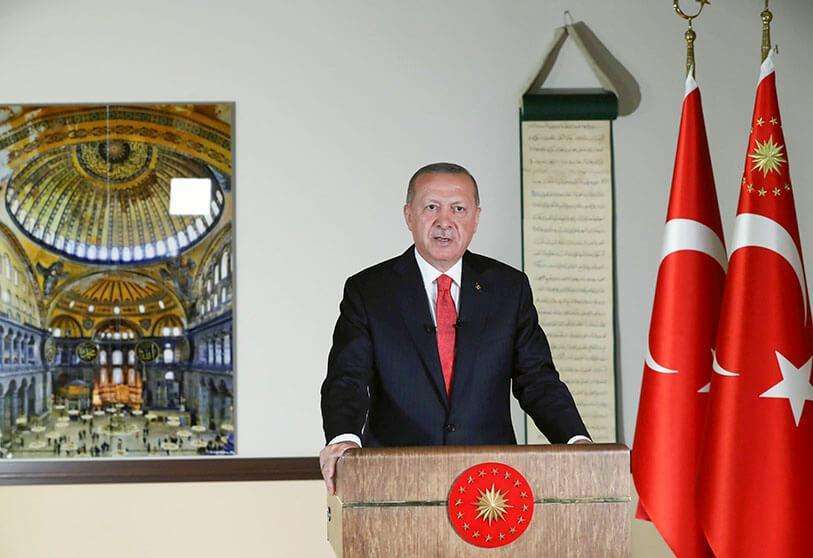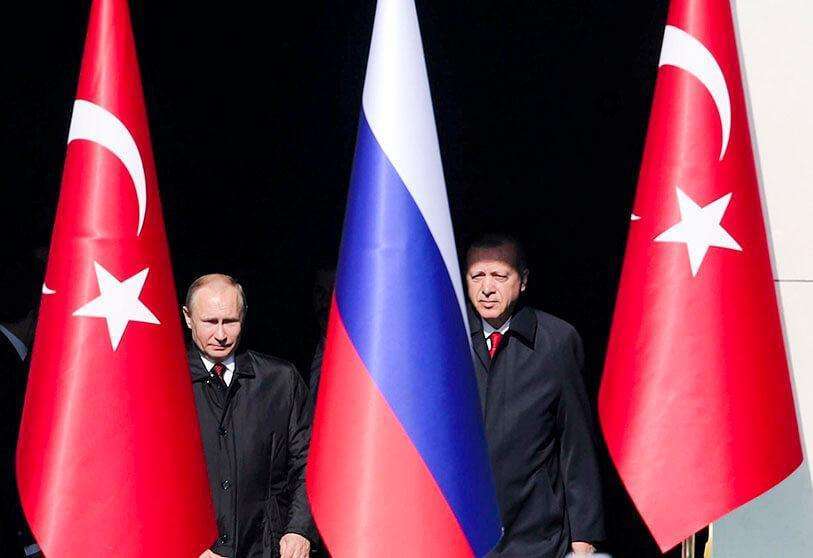Turkey says France-Greece defence deal hurts NATO

The recent military agreement between Paris and Athens has already provoked reactions in the international community. The pact, signed by Emmanuel Macron and Kyriakos Mitsotakis, seeks to reassert Greece's presence in the eastern Mediterranean, where it is at loggerheads with Turkey over gas exploitation rights. The deal also offsets the losses that the French state-owned Naval Group was to suffer after Australia decided to buy nuclear submarines from the United States, cancelling a contract with the French company.
A few days after announcing the 'strategic alliance', Ankara has already expressed its rejection of the Greek-French deal. Foreign Ministry spokesperson Tanju Bilgic criticised what he called Greece's 'maximalist demands for maritime jurisdiction and airspace', according to the Associated Press. Bilgic considers the pact to be "a bilateral military alliance against Turkey" and "damages the NATO union".

"Greece's policy of arming, isolating and alienating Turkey is a problematic policy that will harm itself and the European Union, and threaten regional peace and stability," the spokesman said. Bilgic warned that such actions by Greece "will strengthen Turkey's determination to protect its rights in the Aegean and Mediterranean Seas".
Despite the long-running standoff over gas reserves and maritime borders in the eastern Mediterranean, Ankara and Athens have in recent months developed a rapprochement. In late May, foreign ministers met in Athens with the aim of defusing tensions. The following month, Erdogan and Mitsotakis held talks on the sidelines of the NATO summit in Brussels.

The Turkish foreign ministry has announced that another bilateral meeting will take place on 6 October, possibly to discuss the recent alliance between Greece and France. Mitsotakis, for his part, has declared that he has no intention of competing against Turkey in an arms race and that he hopes to resolve differences with his neighbour through dialogue. He also asserted that Greece must defend its territory and sovereignty, as AP reports.
Ankara has condemned the Greek-French pact as 'damaging to NATO'. However, Turkey has been moving progressively closer to Russia in recent years, something that has caused unease among NATO members. A day before Bilgic's remarks against the Greek-French pact, Erdogan announced that he was considering joint measures with Russia in the defence industry, reports Daily Sabah.

At a recent summit between Erdogan and Putin in Sochi, the two leaders discussed common interests such as the situation in Syria, but also addressed defence and military issues. "We had the opportunity to discuss at length what steps to take in the production of jet engines and fighter jets," Erdogan said.

In addition to military ties, Russia's Rosatom is building a nuclear plant in the southern province of Mersin, and may start developing more in the future. "We talked to Putin about building two more nuclear plants in addition to Akkuyo. He agreed to work on the issue," the Turkish president explained.
A week before the meeting, Erdogan reiterated his intention to purchase a new batch of S-400 air defence systems. The first batch Ankara bought cost it sanctions from the US, and Washington removed it from the programme to produce F-35 fighter jets.








